News
Cryptology group news
AIVD, CWI, and TNO publish renewed handbook for quantum-safe cryptography
The General Intelligence and Security Service (AIVD), Centrum Wiskunde & Informatica (CWI), and TNO published a renewed handbook for quantum-safe cryptography.
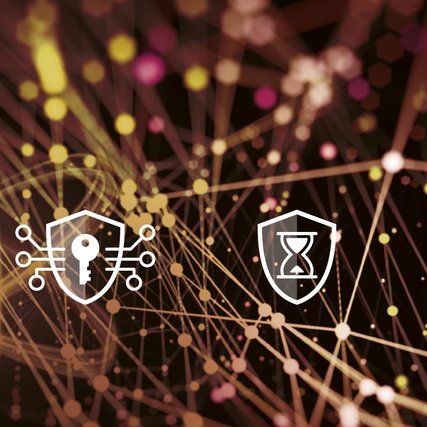
NIST standardizes quantum-safe cryptography methods
Three quantum-safe cryptography methods are now standardized for global use. Léo Ducas from CWI’s Cryptology group co-designed the two primary PQC methods selected for this standardization.
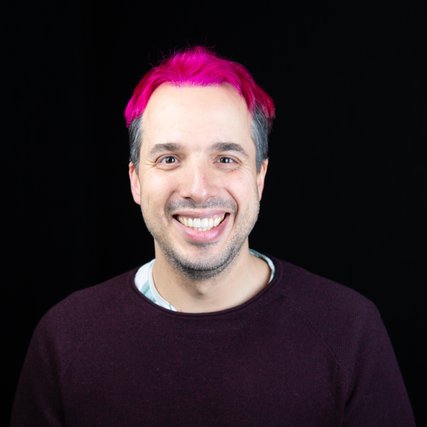
Vulnerability demonstrated in RADIUS/UDP network protocol
There is a vulnerability found in the RADIUS/UDP protocol, which is widely used for access control to networks and network equipment. An international team of researchers, including CWI cryptanalyst Marc Stevens, announced …
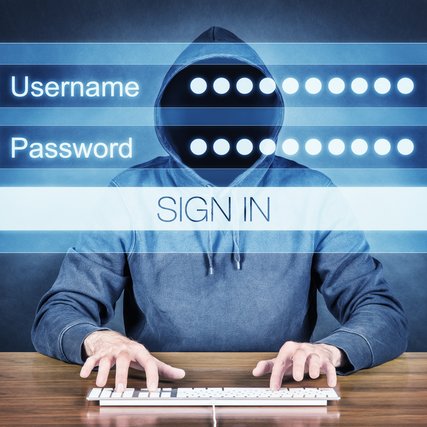
At the forefront of multimedia and security standards
In recent years CWI researchers have contributed to the development of new international standards for three-dimensional video and post-quantum cryptography. In the near future this will lead to new multimedia formats for …

Post-quantum cryptography must keep our bank account, DigiD and state secrets safe
CWI PhD candidate Jelle Don defends his PhD thesis at Leiden University on 23 January 2024.

ESORICS 2023 Outstanding Research Award for Ronald Cramer
Cryptographer Ronald Cramer (CWI and Leiden University) has been awarded the ESORICS 2023 Outstanding Research Award.
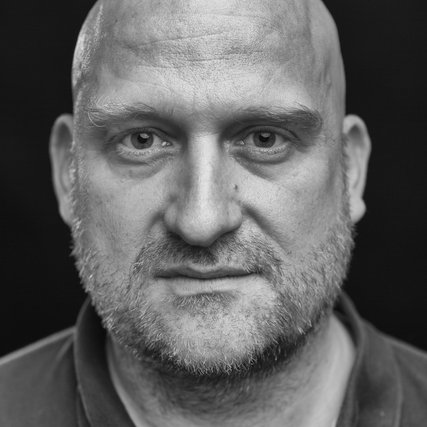
Three CWI researchers awarded with Veni grant from NWO
Three talented CWI researchers received a Veni grant from the Dutch Research Council (NWO) to develop their own research over the next three years. They focus on topics varying from quantum-safe cryptography …

Event on Singapore & the Netherlands: Trust Technologies
The Netherlands Innovation Network (NIN) at the Dutch embassy in Singapore is exploring the possibility of a mission to Singapore in the field of Trust Technologies, 17 – 21 October. On 8 …
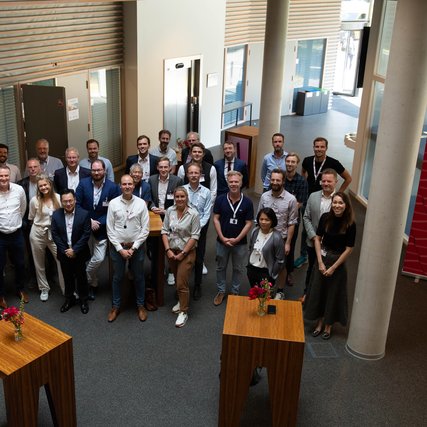
- 1 (current)
- 2
- 3
- 4
- …
- 9
- Button to the next page
